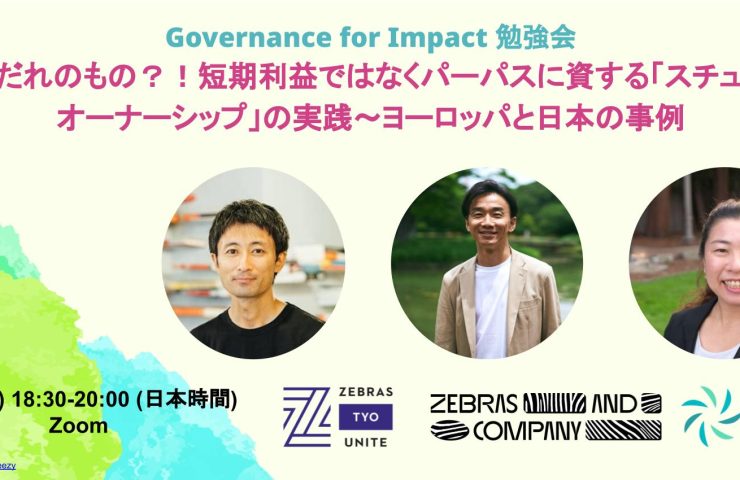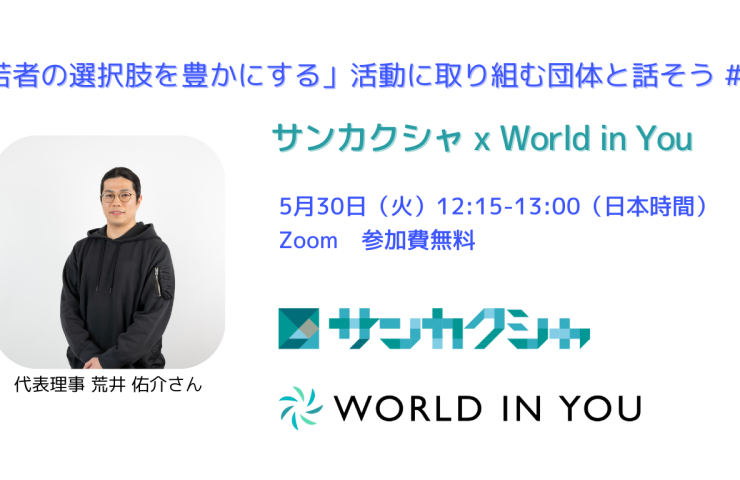World Summit Award 2023:日本から社会的インパクトのあるデジタルソリューションを5つノミネート
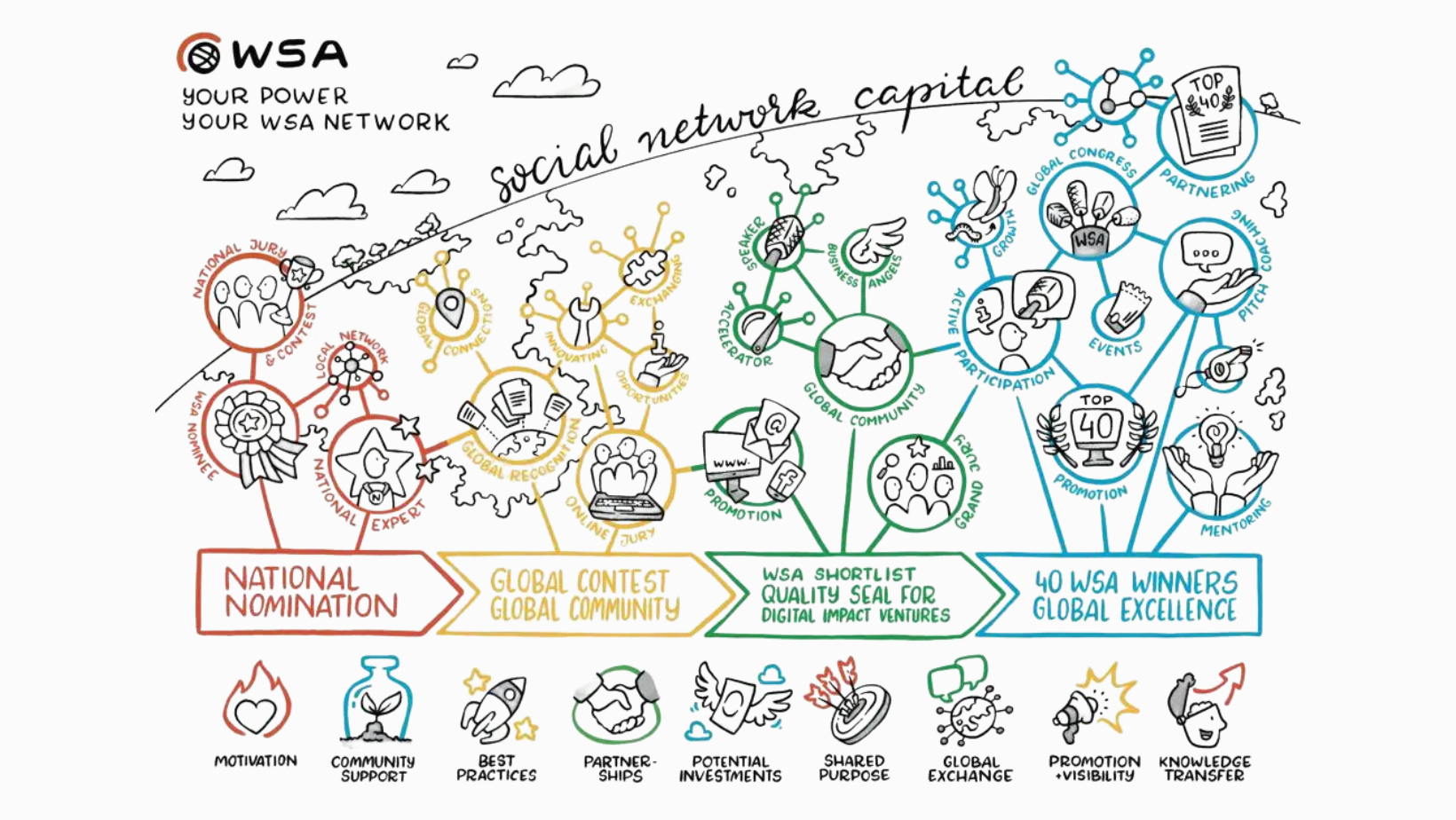
World in Youは、World Summit Award (WSA) のJapan Country Expertを務めており、日本からの5つのプロジェクトをWorld Summit Award 2023 グローバルに推薦します。これらのプロジェクトは、デジタルテクノロジーを活用して、健康・ウェルビーイング、教育、環境、文化、および社会的包摂といった社会的課題に取り組み、インクルーシブ、サステナブルな市民社会づくりに寄与しています。
World in Youでは、それぞれの地域で社会的価値を創出する非営利組織や企業が、世界の知見や事例に学び、世界へもインパクトを広げていくことを後押しすることを支援しています。我々は彼らがグローバルに連携を進め、知見と事例から学びあい、地域を超えてその影響を広げていくことを応援しています。
UN(国際連合)により2003年に開催されたWorld Summit on the Information Society(情報社会サミット)の一環として設立されたWorld Summit Award(WSA)は、20年間にわたりデジタルイノベーションを選出してきました。毎年、スタートアップ、非営利団体、企業を含む40のプロジェクトが、デジタルソリューションを通じて世界をより良くするための優れた貢献として選出されます。WSA2023の受賞者は、2024年4月14日から17日まで、チリのパタゴニアで開催予定のWorld Congressに招待され、180以上の国からの起業家や専門家とネットワークを築くことができます。
WSA 2023 日本からのノミネート・プロジェクト
デジリハ(デジタルアート x リハビリ)(健康&ウェルビーイングカテゴリー)
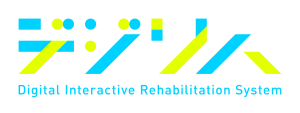
NPO法人eboardの「やさしい字幕」(学習&教育カテゴリー)
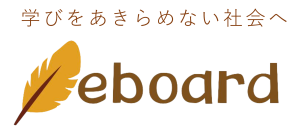
RuleWatcher(環境&グリーンエネルギーカテゴリー)

WorldClassroom(文化&観光カテゴリー)

Robo Co-op(包摂&エンパワーメントカテゴリー)
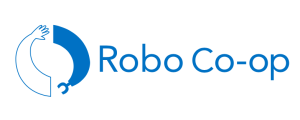
World in Youからの推薦メッセージ
・Digireha Project(デジリハ)
World in You is thrilled to nominate Digireha Project, recognizing its transformative impact on rehabilitation practices, particularly for children, and its innovative approach to making rehabilitation accessible, enjoyable, and continuous.
<The Challenge>
Traditional rehabilitation methods have been monotonous, often relying heavily on professional guidance. For children, the process can be unengaging, limited by a scarcity of rehabilitation experts (with pediatric rehabilitation limited to only 8 hours per year). The effectiveness of these conventional methods is also constrained.
<The Solution>
Digireha Project is revolutionizing rehabilitation by developing software that, with just one PC and multiple sensors, enables easy and engaging rehabilitation from anywhere. The incorporation of gamification into rehabilitation makes it enjoyable for children, encouraging sustained participation. The software provides an intuitive and user-friendly interface, allowing users to choose and utilize sensors based on their specific needs. The rehabilitation programs are highly customizable, utilizing AI for automatic customization. Users can retain their rehabilitation data, ensuring continuity even with changes in supporting institutions or professionals.
<Impact>
The impact of Digireha is nothing short of remarkable. By introducing gamification into rehabilitation, children are not only enjoying the process but also experiencing improvements in physical and cognitive abilities, motivation, confidence, and an expanded range of activities. The project has been successfully implemented in welfare facilities and special support schools in Japan, with plans for expansion into India. Its scalability showcases Digireha as a company poised to redefine the concept of rehabilitation on a global scale.
・eboard's Yasashii Subtitle Project(eboardの「やさしい字幕」)
As a leading player in EdTech, eboard has been a pioneer in providing free Massive Open Online Courses (MOOC) in Japan, ensuring accessible learning support for diverse learners.
<The Challenge>
While MOOC-style video learning is effective, individuals who are deaf, hard of hearing, have learning disabilities, or for whom Japanese is not their native language face difficulties in learning without subtitles. The unique linguistic characteristics of Japanese have posed a challenge in providing clear and understandable subtitles for educational materials.
<The Solution>
In response to the increasing foreign population in Japan and the growing need for inclusive learning, eboard's Yasashii Subtitle Project introduces "Easy Japanese" to its MOOC videos. This initiative aligns with the rising trend of using simplified Japanese ("Yasashii” Japanese) in administrative and NGO-led efforts to cater to non-native speakers. The project aims to make eboard's MOOC content more accessible by incorporating clear and simplified Japanese subtitles.
<Impact>
While the technology itself may not be groundbreaking, its impact on Japanese language learners is significant. MOOCs with "Yasashii Subtitles" are being utilized through schools and by individual users across Japan. With over 6% of elementary and middle school students believed to have developmental disabilities and the increasing immigrant population in Japan, this project is indispensable in contributing to equal educational opportunities for all children. It plays a crucial role in bridging educational disparities and making education accessible to every child.
・RuleWatcher
RuleWatcher is a revolutionary project addressing dynamic global challenges, offering a real-time crawling platform with a multilingual interface for decision-makers in an era where world events and policy regulations are constantly evolving.
<The Challenge>
In a world where the landscape of global issues is shaped by the daily flux of geopolitical events and policy changes, decision-makers face the daunting task of assimilating vast amounts of information, particularly real-time data, to respond promptly and effectively to the needs of our societal environment. However, players in Japan are hindered by language barriers and a lack of information literacy, preventing them from reaching their full potential.
<The Solution>
With its real-time crawling platform and user-friendly interface, RuleWatcher supports decision-makers across various sectors, enhancing the speed and accuracy of information collection. It supports users in information gathering and analysis, fostering a community of decision-makers from policy circles to various institutions and businesses. RuleWatcher empowers decision-makers to make informed choices that consider the impact on both the environment and society.
<Intelligent Business Support>
Functioning as a core platform for intelligence-based management, RuleWatcher goes beyond information gathering. It hosts study groups and communities, ensuring continuous learning and user engagement. The platform listens to user feedback, driving service updates that reflect the evolving needs of the community.
<Global Recognition and UN Collaboration>
・RuleWatcher stands out as the sole Japanese project in the "IRCAI Global Top 100," recognized by UNESCO's International Research Centre for Artificial Intelligence.
・Actively contributing to the water and energy sectors, RuleWatcher collaborates with the United Nations Project Services (UNOPS), showcasing its practical impact on addressing global challenges.
・WorldClassroom
WorldClassroom addresses a crucial issue in Japan, where English is not the primary language, by providing affordable or free opportunities for international and multicultural experiences, fostering cultural coexistence and global peace, particularly among the younger generation.
<The Challenge>
In Japan, the current reality is that opportunities for international and multicultural experiences are limited to a privileged few due to financial constraints, hindering the promotion of cultural coexistence and world peace.
<The Solution>
WorldClassroom leverages technology to integrate affordable or free opportunities for cultural and language exchanges into the infrastructure of public education. The platform boasts an intuitive interface, supporting not only students but also educators in curriculum development and student progress management. Featuring diverse English accents from various countries, the platform ensures a rich linguistic experience.
<Impact>
WorldClassroom has been successfully implemented in 80 schools across Japan, including 90% of public schools in Okinawa Prefecture's capital city. The project extends its reach beyond Japan, connecting schools in neighboring countries such as Taiwan and South Korea, as well as forging connections with schools in Turkey, India, Russia, and beyond. Currently available in Japanese, English, and Taiwanese, the tool is preparing for translation into more languages, enabling global scalability.
In summary, WorldClassroom stands out as a pioneering initiative, breaking down barriers to international experiences and promoting multicultural understanding among students in Japan and beyond.
・Robo Co-op
It is our pleasure to nominate Robo Co-op, recognizing its groundbreaking efforts in addressing the challenges faced by displaced populations, specifically their lack of employment opportunities, and the global shortage of digital talent.
<The Challenge>
The absence of employment opportunities for refugees and others, coupled with the global shortage of digital talent, poses a critical challenge. In Japan, the urgent need for administrative and corporate digital transformation (DX) is hindered by the scarcity of qualified professionals. This shortage is part of the global deficit of 100 million digital workers, with Japan accounting for 30% of this shortage.
<The Solution>
Robo Co-op provides short-term training to impart No-code/Low-code skills, cultivating individuals into DX professionals capable of working globally. Going beyond education and employment support, the initiative operates as a Tech Co-op, allowing beneficiaries to engage in inclusive, ownership-driven work, leading to economic empowerment.
While the technology employed may not be cutting-edge, the use of No-code/Low-code technologies such as Robotic Process Automation (RPA) presents abundant job opportunities. Even individuals without prior experience can undergo training in as little as three months. This accessibility opens doors for refugees, single parents, and others facing challenges, offering them the opportunity to enter the DX workforce.
<Impact>
Robo Co-op has a proven track record as a refugee reception partner for the UNHCR. It collaborates with the Japanese government on the education and employment support of immigrant and refugee talent. Graduates have not only successfully transitioned into educational roles but have also excelled as DX professionals in various companies. The initiative is scalable globally, offering a model that has the potential to make a significant impact on a broader scale.













